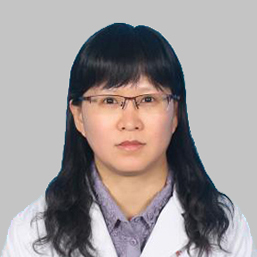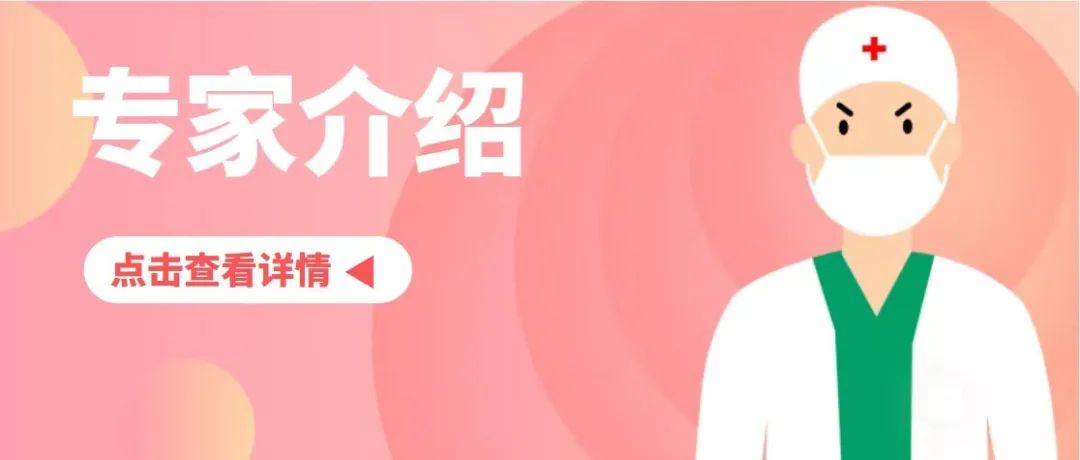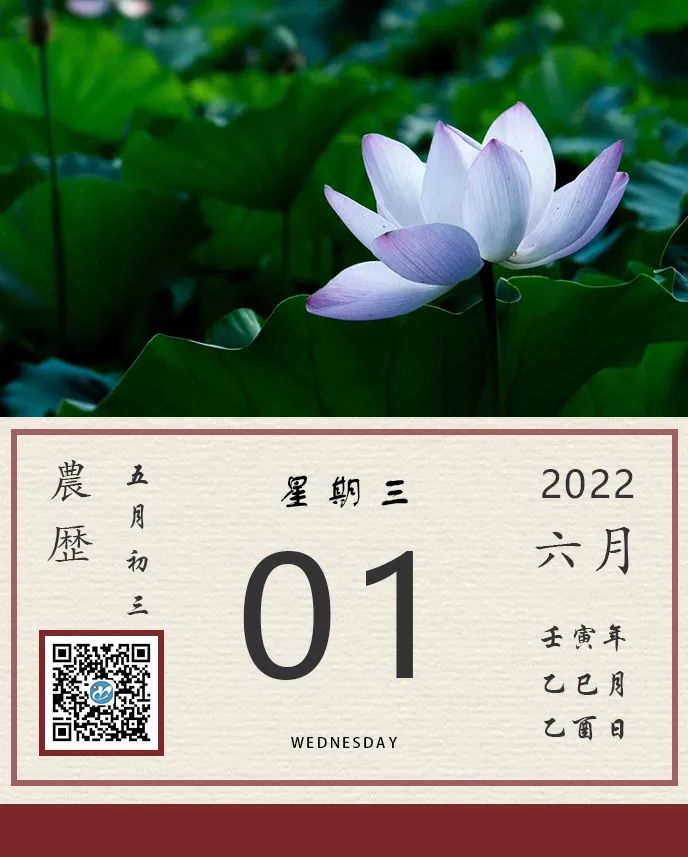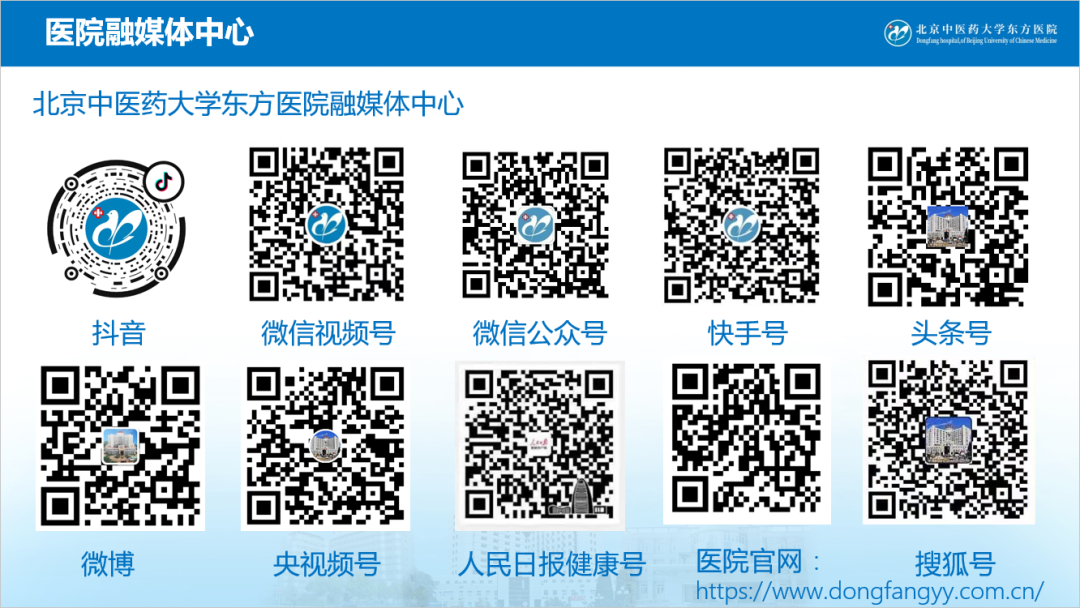

Understanding and Regulating Qi Deficiency Constitution
Expert of the Issue: Liu Yang
Liu Yang
Beijing University of Chinese Medicine, Dongfang Hospital
Deputy Chief Physician, Sub-health Department
Physician Profile:Specializes in using traditional Chinese medicine to regulate common sub-health conditions, chronic fatigue syndrome, sub-health insomnia, metabolic syndrome, menopausal syndrome, TCM constitution regulation, and applying traditional TCM health preservation methods to manage chronic diseases such as hypertension, diabetes, hyperlipidemia, coronary heart disease, and decreased immunity.
Expert Department Introduction


(Click to view detailed information about the expert and their department)
In TCM, “Qi” is considered the vital energy of life. When Qi is deficient, the body lacks vitality, leading to fatigue and weakness. A deficiency in heart Qi may cause palpitations and insomnia, while lung Qi deficiency can result in frequent colds, excessive sweating, and shortness of breath. Spleen Qi deficiency may lead to post-meal bloating and loose stools, while kidney Qi deficiency can cause frequent nighttime urination, lower back pain, and lack of endurance.
So, how can we regulate this in our daily lives?
1. Dietary Adjustments
Start by consuming foods that strengthen the spleen and benefit Qi, such as yam (Shan Yao), lotus seeds (Lian Zi), coix seeds (Yi Yi Ren), japonica rice (Jing Mi), millet (Xiao Mi), yellow soybeans (Huang Dou), white lentils (Bai Pian Dou), shiitake mushrooms (Xiang Gu), jujubes (Da Zao), longan (Long Yan), honey (Feng Mi), beef (Niu Rou), and chicken (Ji Rou). Avoid foods that deplete Qi, such as water spinach (Kong Xin Cai) and radishes (Luo Bo).
2. Exercise and Health Maintenance
For those with Qi deficiency, the body is relatively weak. Consistent, appropriate exercise can effectively improve one’s constitution. Gentle traditional exercises such as Tai Chi (Tai Ji), Ba Duan Jin (Eight Pieces of Brocade), and Wu Qin Xi (Five Animal Frolics) are recommended. Light jogging and walking are also suitable, while high-endurance activities like long-distance running and competitive sports should be avoided. It is important to keep warm and avoid exposure to wind after sweating lightly, ensuring that one is “physically active but not fatigued.”

3. Meridian Health Maintenance
Meridian health care should focus on strengthening the spleen and kidneys and nurturing the original Qi. Regularly massaging or applying moxibustion to points such as Zu San Li (ST36), Qi Hai (CV6), and Guan Yuan (CV4) is beneficial. Massaging the abdomen after meals or before sleep can help normalize spleen Qi transformation. Rubbing the Shen Shu (BL23) point can strengthen kidney Qi.
4. Emotional Health
Individuals with Qi deficiency should cultivate a positive and optimistic attitude towards life. Avoid excessive labor that can deplete Qi, as “overwork consumes Qi.” Therefore, amidst busy work, it is essential to relax appropriately and achieve a balance between work and rest.
5. Medicinal Tea
Those with Qi deficiency can also choose health-promoting herbal teas, such as Astragalus (Huang Qi), Codonopsis (Dang Shen), Prince Ginseng (Tai Zi Shen), Ganoderma (Ling Zhi), Polygonatum (Huang Jing), and jujubes (Hong Zao) brewed in boiling water.
1. Codonopsis and Jujube Tea
Both Codonopsis and jujubes are excellent Qi tonics. According to “Ben Cao Cong Xin,” Codonopsis can “tonify the middle and benefit Qi, harmonize the spleen and stomach.” Jujubes are known for their ability to tonify Qi, nourish blood, calm the spirit, and harmonize the middle. They are often used for fatigue, poor appetite, pale or sallow complexion, and restlessness. Take 10 grams of Codonopsis, wash and slice, and 5 jujubes, wash and pit, place them in a cup, pour in boiling water, cover, and steep for 10 minutes. Drink as tea once daily. This can tonify Qi, strengthen the spleen, and relieve fatigue. It is suitable for symptoms of Qi deficiency such as fatigue, shortness of breath, spontaneous sweating, increased symptoms with exertion, feeling cold after sweating, and excessive sleepiness.
2. Polygonatum and Goji Berry Tea
Polygonatum has long been regarded as an ideal tonic for the elderly, known as “food of the immortals.” TCM believes that Polygonatum is sweet and neutral, entering the lung, spleen, and kidney meridians, and acts slowly, making it suitable for long-term consumption. It can tonify the spleen and Qi, moisten the lungs, generate fluids, and nourish the kidneys.
According to “Ben Cao Bian Du,” “Polygonatum is sweet and moist, a prime tonic for nourishing spleen yin.” The “Shen Nong Ben Cao Jing” states that Polygonatum can benefit Qi, regulate the five organs, strengthen the muscles, promote longevity, maintain a youthful appearance, and even regenerate lost teeth.
These attributes indicate that Polygonatum has longevity-promoting effects. Modern pharmacological studies have confirmed that Polygonatum can indeed have anti-aging effects, lower blood pressure, reduce blood lipids, and blood sugar, and prevent atherosclerosis, improving constitution with regular use.
Goji berries, red as rouge and beautiful as agate, were referred to as “herb of the immortals” and “the staff of the Queen Mother of the West,” symbolizing a heavenly gift. Commonly used in tonic herbal formulas, Goji berries have been recognized for their health benefits since ancient times, including anti-aging properties, hence the name “anti-aging herb.” Goji berries are sweet, neutral, and enter the liver and kidney meridians, benefiting the liver and kidneys, strengthening bones, nourishing blood, improving vision, and moistening the lungs to stop cough.
Use 10 grams of Polygonatum and 10 grams of Goji berries, decoct in water and drink as tea. This is suitable for those with low immunity, frequent colds, insufficient physical strength, fatigue, frequent nighttime urination, and lower back and knee weakness.
6. Medicinal Paste Regulation
Take 500 grams each of Rhodiola (Hong Jing Tian), Ganoderma (Ling Zhi), and Poria (Fu Ling), and 250 grams each of walnut kernels (He Tao Ren) and coix seeds (Yi Yi Ren), with an appropriate amount of honey (Feng Mi). First, repeatedly decoct Rhodiola, Ganoderma, Poria, and coix seeds, remove the dregs, and collect the juice. Gradually add honey to concentrate into a paste. Then, finely grind the walnut kernels and mix them in. Take 1 spoon twice daily.
This can tonify Qi and blood, nourish the liver and kidneys, and is suitable for those experiencing fatigue, dizziness, forgetfulness, and lower back and knee weakness.
Beijing University of Chinese Medicine, Dongfang HospitalPublicity DepartmentProduced



1. Beijing University of Chinese Medicine, Dongfang Hospital Outpatient Guide:
1. [Outpatient Guide] The gynecology and endocrinology outpatient (including reproduction) has opened in the Economic Development Zone!
2. [Outpatient Guide] Big news! The famous doctors of the TCM special night outpatient service at Beijing University of Chinese Medicine, Dongfang Hospital are gathering!
3. [Outpatient Guide] Convenient medical services are adding “new momentum” with the launch of the Internet diagnosis and treatment service platform at Beijing University of Chinese Medicine, Dongfang Hospital.
4. [Outpatient Guide] Notice to patients and families from Dongfang Hospital; notice of suspension of intestinal outpatient service.
5. [Outpatient Guide] Notice for nucleic acid testing outpatient service at Beijing University of Chinese Medicine, Dongfang Hospital.
6. [Outpatient Guide] Outpatient service notice for Beijing University of Chinese Medicine, Dongfang Hospital (May 2, 2022).
7. [Outpatient Guide] Beijing University of Chinese Medicine, Dongfang Hospital implements comprehensive appointment registration for non-emergency cases.
8. [Outpatient Guide] Beijing University of Chinese Medicine, Dongfang Hospital has been approved for clinical psychological diagnosis and treatment specialties.
9. [Important] National Health Commission Clinical Key Specialties (TCM Specialty): Cardiovascular, Neurology.
10. [Important] National Health Commission Clinical Key Specialties (TCM Specialty): Gynecology, Respiratory and Infectious Diseases, Gastroenterology, Nursing.
11. [Important] Beijing University of Chinese Medicine, Dongfang Hospital National Key TCM Specialties: Pediatrics, Oncology, Dermatology, ENT, Preventive Health, Nursing.
12. [Important] Beijing University of Chinese Medicine, Dongfang Hospital National Key TCM Specialties: Neurology, Nephrology, Peripheral Vascular, Cardiovascular, Gynecology, Ophthalmology, Gastroenterology, Respiratory and Infectious Diseases.
13. [Important] Key Specialties of Beijing TCM Management Bureau: Orthopedics, Acupuncture, Endocrinology, Emergency, Clinical Pharmacy.
14. [Important] Beijing TCM Characteristic Diagnosis and Treatment Center: Neurology, Respiratory and Infectious Diseases, Gynecology, Tuina, Anorectal, ENT, Pediatrics, Preventive Health Center, Gastroenterology Center.
15. [Important] Introduction to the Rheumatology, Special Needs, Hematology, Sub-health, and Nutrition Departments of Dongfang Hospital.
16. [Important] Introduction to the Rehabilitation and General Surgery Departments of the Erqi Hospital District.
17. [Important] Introduction to the Respiratory, Surgery II, Breast, Pain Intervention, and Functional Departments.
18. [Important] Introduction to the Gastroenterology, General Internal Medicine, Blood Purification Center, Orthopedics, ENT, and Ophthalmology Departments of the Erqi Hospital District.
2. Recommended Articles for Reading:
1. [Xinglin Dongfang] “Xinglin Dongfang” boutique peripheral products! Secrets are here!
2. [Patient Recruitment] Recruitment notice for patients with mild recurrent aphthous ulcers (recurrent canker sores – gastrointestinal heat syndrome).
3. [Vascular Health Day] Measure the ankle-brachial index for atherosclerosis.
4. [World Hypertension Day] Beware of the “silent killer” – hypertension.
5. [National Breastfeeding Promotion Day] “Using communication for utility” – TCM teaches you to correctly understand lactation promotion.
6. [Dongfang 24 Solar Terms – Grain Full] Discussing health preservation during the Grain Full season.
